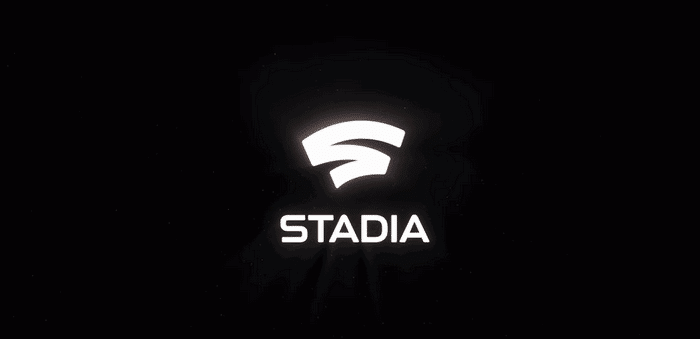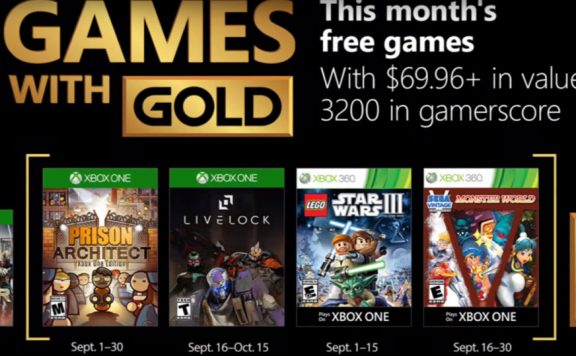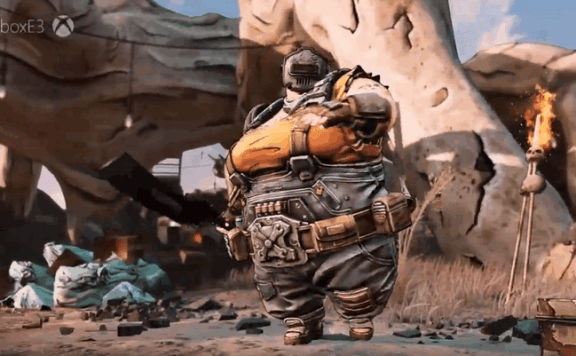Last week Google dropped an announcement that they believe, should have blown gamers (as well as developers) minds; but the backlash and skepticism on social media has been widespread.
So why aren’t we excited about the innovative features coming to modern gaming, specifically surrounding the Google Stadia gaming platform?
Perhaps it is Google’s failed attempts at trying to innovate other aspects of tech over the years that has garnered such critical reception. (Google Glass, I’m looking at you.)
Stadia, the streaming platform announced by the Californian tech giant, maybe last weeks news but it has left people with a lot of unanswered questions.
The keynote google gave during GDC last week presented some fascinating concepts yet it failed to ask and answer some crucial questions.

The unveiling of Stadia to work across all google and android based platforms.
Internet Connections?
The most common and perhaps most important of all questions people have been asking and even bitching about on most social media platforms is:
‘How can this possibly be the future of gaming when my internet connection sucks?’
To tell the truth, it is a great question. One that Google did not do much to address during the conference. Much of the world has terrible to average internet connection.
I’ll try to infer some of what they missed and speculate as to how Stadia might actually work.
It’s important to note that GDC is just that, a Game Developers Conference. It is most certainly not a consumer event.
Many of the people attending are well aware of the trends and up and coming technologies that will change the face of modern gaming.
5G is one of those technologies.
5G: The Future of Internet
If we are to believe what is being reported our internet connections are about to get a whole lot better, supposedly up to 10Gbps. (Over 1000 times faster than basic UK connections) The added beauty of this is that mobile networks can reach rural locations a lot easier than a straight to premise fiber line. 5G’s huge advantage is that it is super low latency, meaning it should lower input lag which could be Stadia’s biggest problem.
Although it will take some time to implement this technology it will potentially be available in some regions from late 2019. Much like Google’s Stadia.
Google has announced that Stadia will only be launching in North America, Canada, The UK and Parts of Europe later in 2019.
These countries all have affluent areas with average internet connection speeds which according to Google, based on the testing carried out via ‘Project Stream’ are sufficient to launch the platform.
Input lag will most definitely be an issue upon release, this is why Google has also offered an optional controller. It connects directly to Wi-Fi which then connects you directly to the server to lower input lag. This is all well and good but for games like Street Fighter and the recently released From Software title Seikiro: Shadows Die Twice, A Wi-Fi controller isn’t going to cut it.
These games require such precise timing that if titles like these were ever to come to Stadia, input lag would have to be taken into account by the developers. I hope that it is something Google addresses in the near future.

The Stadia Controller is a freakish amalgam of the current generation hardware, it connects directly to the Stadia servers, which supposedly will lower input lag.
Google Stadia gaming platform – is ownership a thing of the past?
The next set of questions I have seen lambasted all over social media is to do with the cost and subsequently the ownership of games on the platform. Some speculation has pointed towards a ‘Netflix’ style approach, renting a whole library, much like the subscription service ‘PlayStation Now’ and ‘Xbox Game Pass’.
While others have complained about potentially buying a full price title that they would have no real ownership over and no physical presence on a hard drive.
They are right to be worried, licensing has killed off or completely changed a plethora of games. Look at the likes of the Scott Pilgrim game, a brilliant retro-fied streets-of-rage-with-an-attitude, killed off by a movie license issue. Or perhaps even the classic Grand Theft Auto games, Vice City for example, so reliant on that nostalgic 80’s soundtrack, most of which has been replaced by bad cover versions due to licensing issues. (In fact a peer of mine wrote an article on the very subject which you can find here)

The now MIA Scott Pilgrim Versus The World: The Game, most likely never to see the light of day again due to licensing problems.
As annoying and troubling as all of that is, let me let you in on a little secret. All those games in your steam library. All the games on your shelf, or installed on your PlayStations, Switches and Xbox’s – you don’t own them. You have purchased a license that allows you to keep a copy of the software as an end user.
We have already embraced this situation with machines that generally require connection to the internet to get the latest updates.
If any of the modern gaming companies wanted, they could end access to one of our beloved games with a patch, just look at the Konami PT Demo for example.
This is a similarity to the Stadia situation and it shows we have to have good faith in game developers and platform providers alike to maintain our collections.
With the Nintendo Switch sales success of 20million units and rising, it’s clear to see that gamers want portability. I love being able to play Zelda on the big screen and then pick up where I left off on my commute, or maybe even because someone stole the TV to watch the latest episode of Game of Thrones.
Taking that concept but allowing a user to have higher visual fidelity whilst not worrying about hard drive space and being able to play on any device is an exciting prospect.
Can Google succeed where OnLive failed?

The gaming public has voted with there wallets: innovation means high end gaming and portability.
The end of physical hardware?
Taking expensive hardware out of the equation as we near the end of the current console cycle and approach the new one with the likes of the PS5 and the next Xbox means that we could potentially see casual gamers pick up this platform to get the benefits of high-end gaming at a fraction of the cost.

Google touted the scalability of the Stadia platform as a unique selling point that will change the nature of game development.
It’s this aspect which to me is very appealing. Essentially never having to upgrade my hardware ever again.
This also gives the developers a lot of room to breathe when it comes to creating games and it looks as though a lot of developers are on board already.
The reason we should be excited about this is that if this platform becomes standardised, some of the pains of game development can be bypassed. One of these issues is optimisation.
With a platform like Stadia, that is able to sustain higher levels of graphical fidelity and performance; without the hefty price tag of beefy hardware, AAA game developers can reach further.
With the right marketing and if Google is really investing in first-party exclusive titles that blow our minds Stadia can provide games that play amazingly and look fantastic.
That’s something worth getting stoked for.
Does the Google Stadia gaming platform prospect excite you? let us know!




